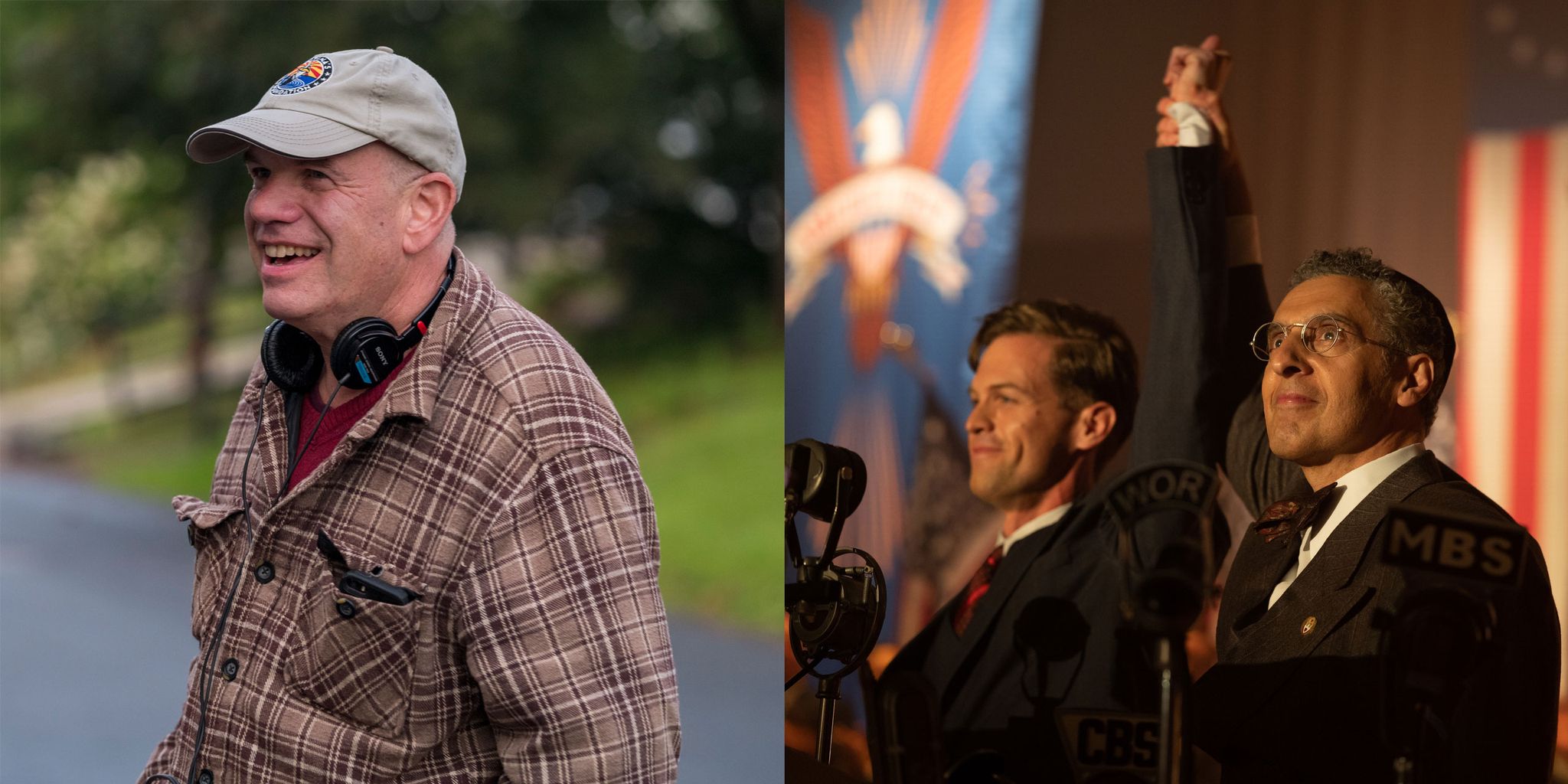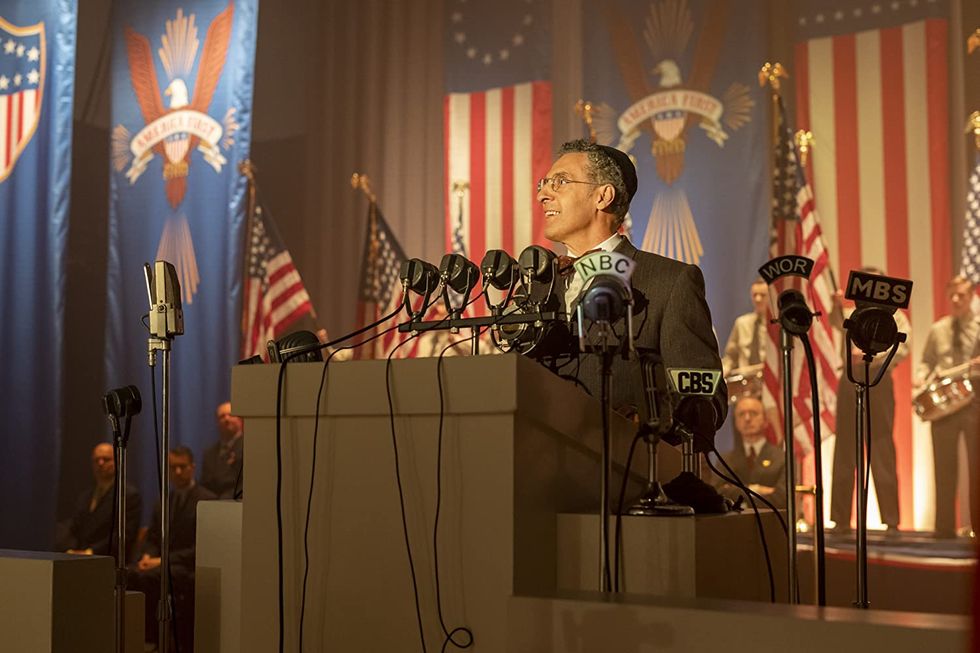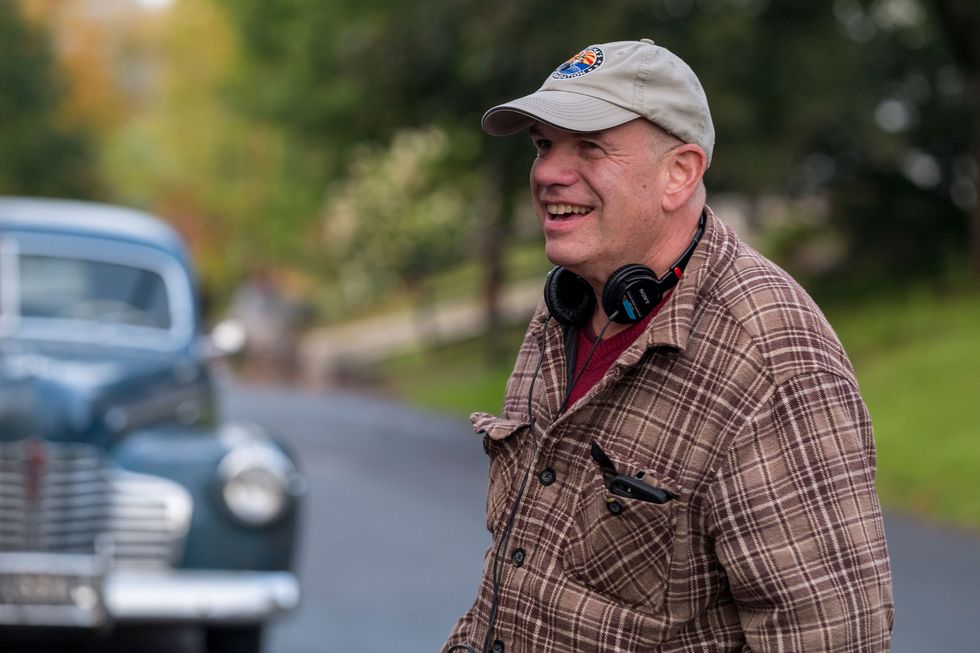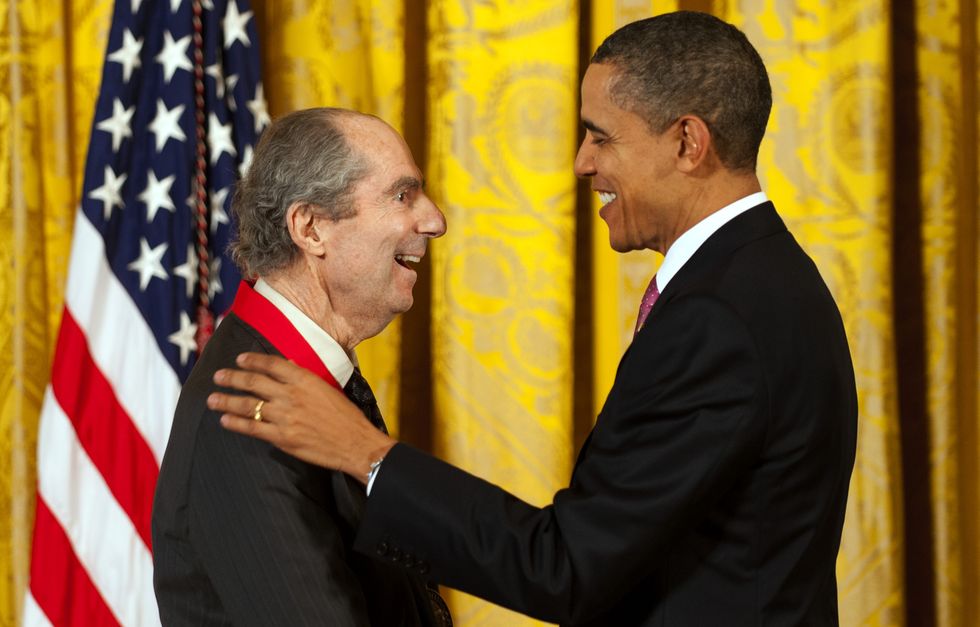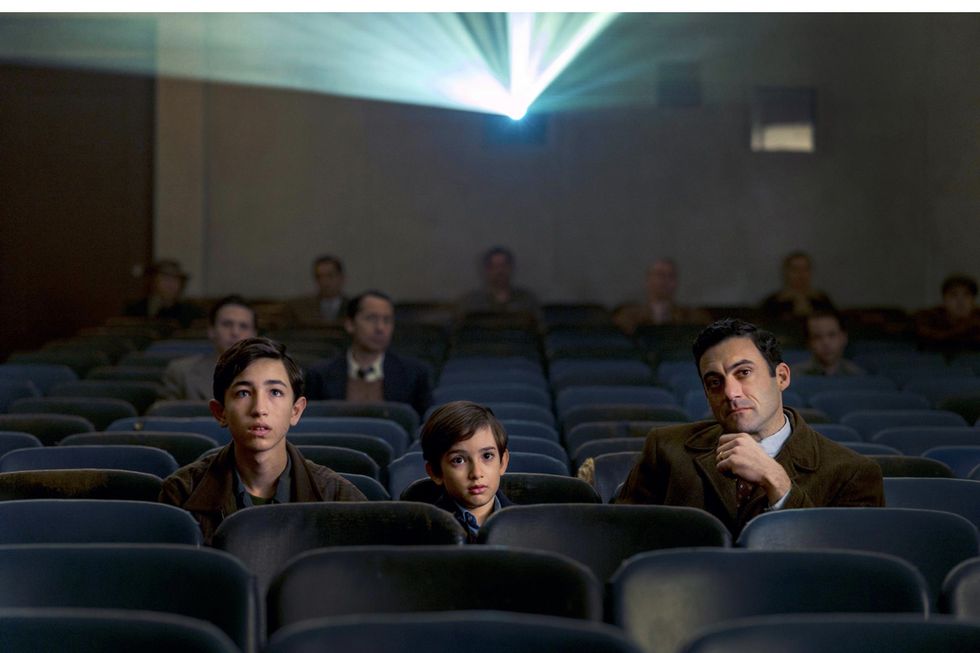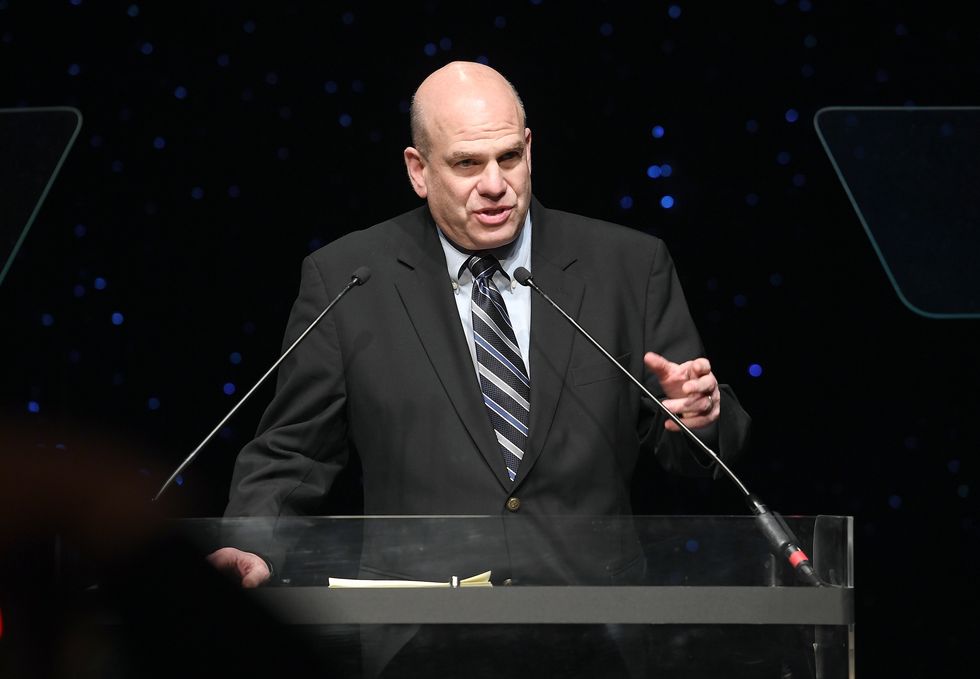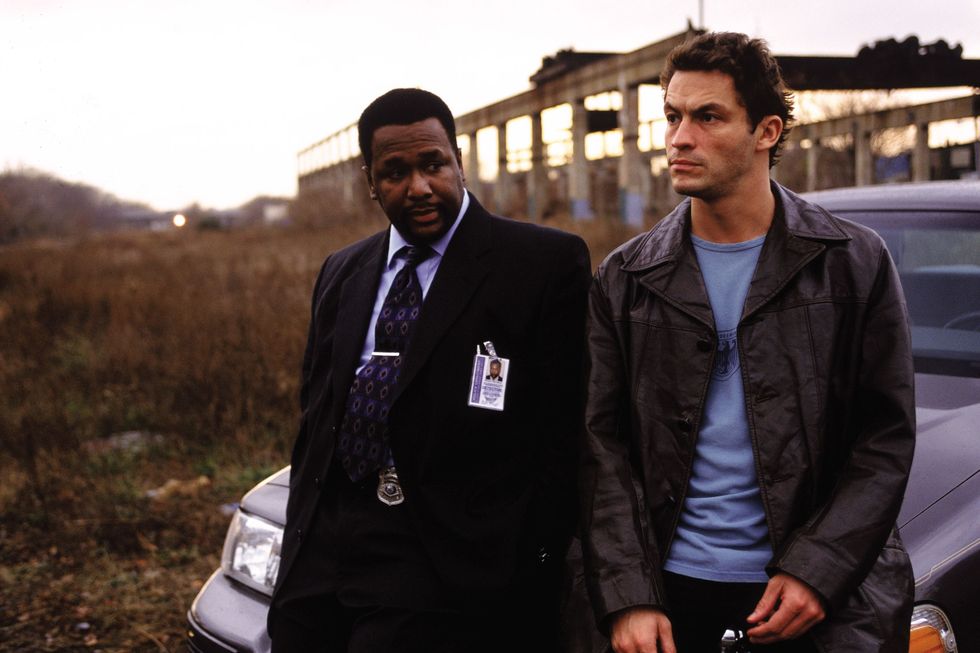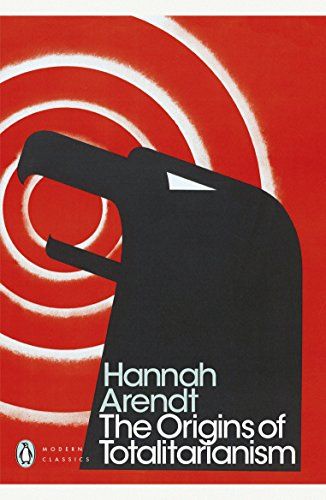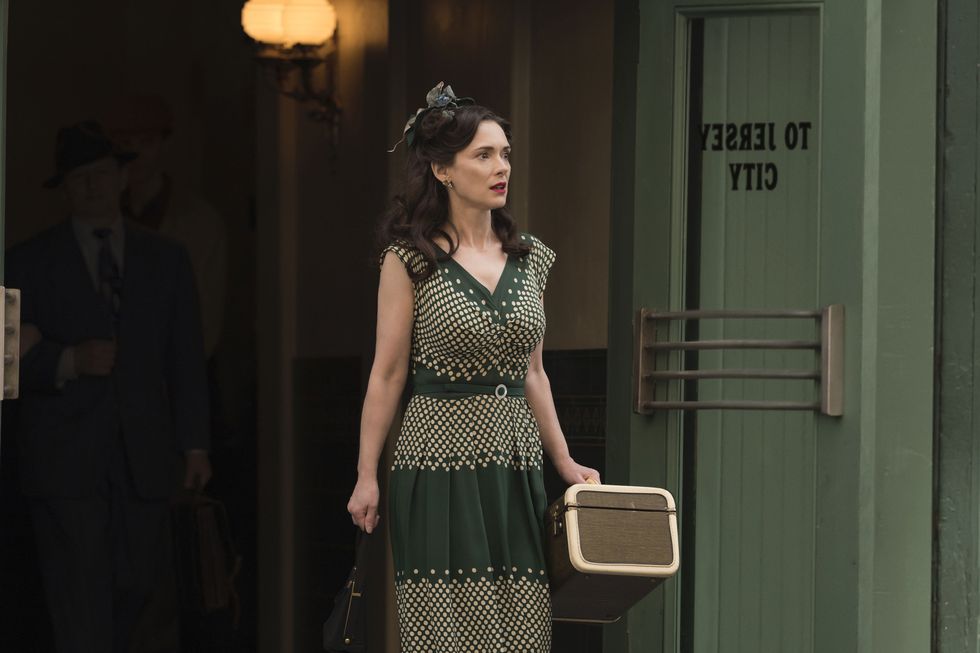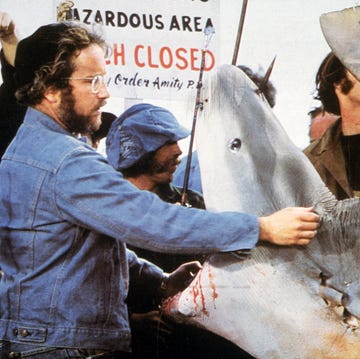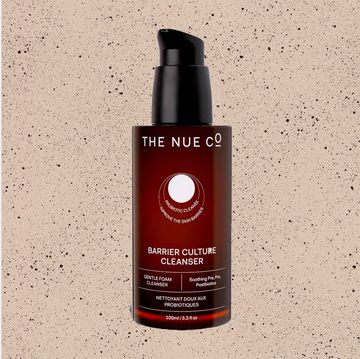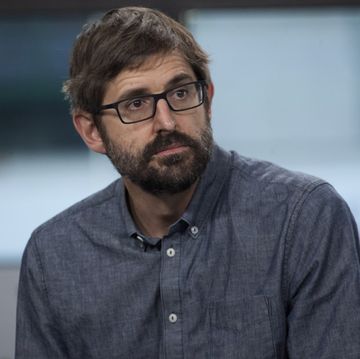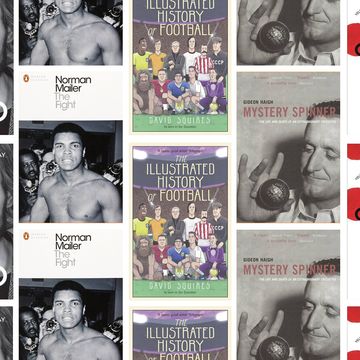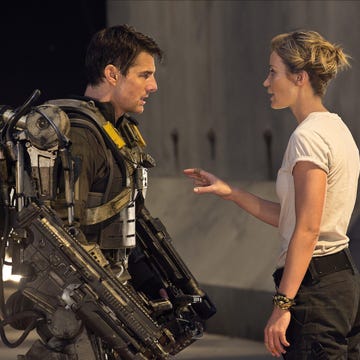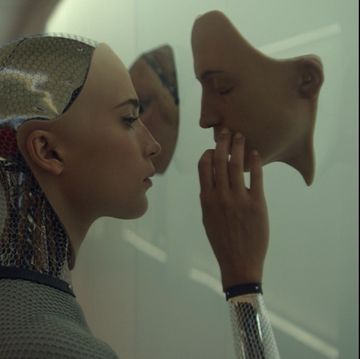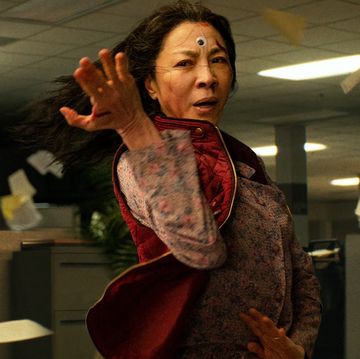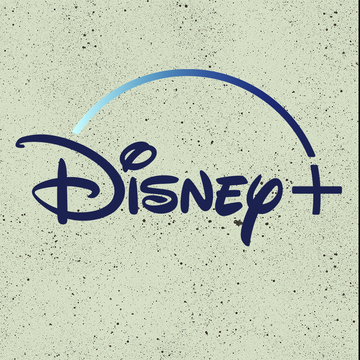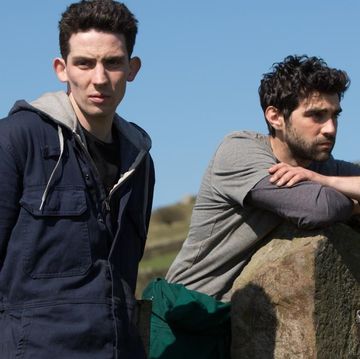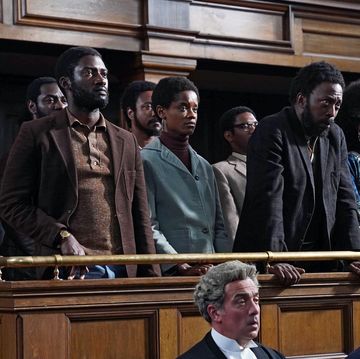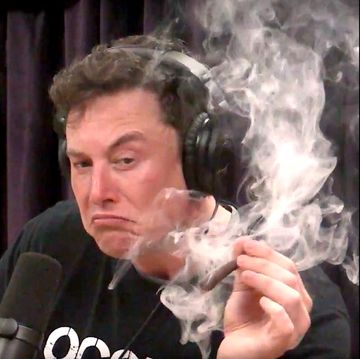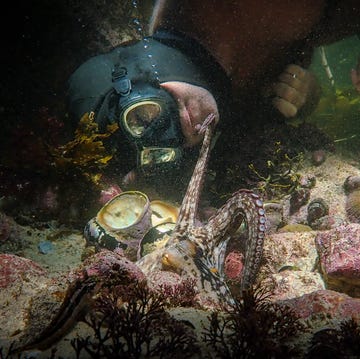As the creator, head writer and executive producer of HBO’s The Wire, frequently voted the greatest TV drama ever made, David Simon is one of the handful of showrunners who helped transform American television, and eventually the entertainment industry, in the early 2000s. He followed The Wire with Treme, his polyphonic portrait of post-Katrina New Orleans. Other projects have included the miniseries Generation Kill, following US Marines into Iraq; and The Deuce, about the seamy side of Seventies and Eighties Manhattan.
Now his latest work, The Plot Against America, arrives on Sky Atlantic, having aired to great acclaim in the US in March. It is a six-part adaptation of a Philip Roth novel of the same title, from 2004, in which the author told a powerful and, as it turned out, uncannily prescient story imagining what the effect would have been on his own family, and also the world, if, in the election year of 1940, Franklin Delano Roosevelt, rather than winning a third term and subsequently steering America into the war against fascism, had lost to the rabble-rousing anti-Semite, Charles Lindbergh, who almost certainly would not have done that.
Lindbergh was a huge figure in his time, greatly admired for his heroics as a pilot and recipient of much sympathy as a result of the kidnapping and killing of his infant son, in 1932, an incident HL Mencken described as “the biggest story since the Resurrection”. He was also a Nazi apologist and appeaser, and his dealings with the crypto-fascist America First movement and statements against US intervention in the war in Europe really did draw the contempt of President Roosevelt, who was on the record as “absolutely convinced” that “Lindbergh is a Nazi”.
Lindbergh didn’t, in reality, run on a populist Republican ticket against FDR for the Presidency. But if he had, who’s to say he wouldn’t have won, and that America would not have fallen under his power? That there would not have been pogroms in Pittsburgh and Philadelphia? That it would not have quickly become clear that beneath the surface of American society seething hatred was waiting for its excuse to burst forth, that what Roth called “the intoxication of anti-Semitism” was always there to be exploited?
Spotted any contemporary parallels yet? “Tonight,” says the victorious Lindbergh, “we have taken back America.” Any more obvious and he’d be wearing a MAGA hat.
The series boasts many fine performances. Winona Ryder is terrific as Philip’s Aunt Evelyn, a brittle woman so compromised by her romantic entanglement with the unctuous Lindbergh collaborator, Rabbi Lionel Bengelsdorf — John Turturro, laying on the Southern smarm — that she ends up dancing with Hitler’s foreign minister, von Ribbentrop, at the White House. Philip’s parents are played by Morgan Spector and Zoe Kazan, both excellent. The Northern Irish actor Anthony Boyle plays Philip’s brash, impetuous cousin, Alvin.
I spoke to Simon by Skype on a Thursday in late April. As he talked, sitting at his desk, morning sunshine poured through the Venetian blinds of his office. Like the rest of us, he was confined to barracks by the Covid-19 pandemic. It didn’t prevent him lobbing a few grenades over the wall.
How are you doing, David?
I’m doing OK. How are you?
I’m under lockdown in London, as they say. And you?
I’m in Baltimore. We’ve been quarantining for, I’d say, almost a month.
Is it interfering with your work?
Well, no. Most of what I have to do is writing. We’re not able to have story meetings, unfortunately, we can’t get together and meet. But I do have enough writing to do. Obviously if I had anything ready to go to shoot, we wouldn’t be filming. Everything’s been shut down in terms of production.
Having had this massive over-supply, this super-abundance of TV in recent years, is there going to be a moment when it stops?
Yeah, there’s going to be a moment where the pipeline goes a little bit dry. I mean, you can do talk shows from your living room. But it’s hard to film drama.
I’m going to talk to you about The Plot Against America. You were approached a few years ago to adapt Philip Roth’s novel for television, and you decided not to do it. Stupid question, but what changed?
A guy named Tom Rothman, who used to run, I think, Sony [actually Fox, he is now Chairman of Sony], he’s from Baltimore, he cold-called me and he said, ‘You should do Plot Against America, the Roth book.’ And I had read it back when it came out, years earlier, and I thought it was a really interesting dynamic but I felt it was sort of an artefact. It didn’t feel like where my country was going. This is 2013. We’d just elected an African-American president for the second time. We seemed to be becoming more inclusive, less susceptible to demagogue-ary. I said, ‘Look, really interesting book but I don’t know why anybody would film it now.’ And he said, ‘Well read it again, please, for me.’ And I did. I read it again and I thought, ‘Nah, it’s, it’s not the right time.’ So I didn’t think any more of it and then, three years later: Trump. So I’m sitting at lunch with the HBO guys and we’re all talking about what sort of television you can make in the age of Trump. And I had this book in my head. I said, ‘Whoever’s got the rights to Plot Against America, you should buy them up.’ I wasn’t talking about myself. I was saying, ‘The network should get somebody to do that.’ Anyway, they said, ‘That’s funny: Joe Roth just came in here. And he has the rights and he pitched. But The Man In The High Castle, The Handmaid’s Tale… there’s a lot of American dystopian stuff out there. We’re not sure we’re going to buy it.’ So when I got back to Baltimore from that lunch, I asked my assistant to call Joe Roth, and I said to him, because because I’m an idiot from Baltimore, I said, ‘Well, you tried to get me three years ago to do this and you were right and you were prescient, and I was wrong. But to make it up to you, I did try to put in a good word with HBO. You should call them back because I really tried to pitch this book.’ And I talked for about three minutes and finally he got a word in and he said, ‘Are you The Wire guy?’ And I went, ‘Yeah.’ And he said, ‘We’ve never talked before in my life. I’m just meeting you now, on this call.’ I said, ‘What, are you an idiot? We talked three years ago! You had the book.’ ‘I’ve only had the rights for a month.’ ‘Aren’t you the guy who used to run a studio?’ He says, ‘Yeah, I ran Warner Brothers [actually, Disney].’ I go, ‘Motherfucker, you called me three years ago with this book. How many other guys named Roth ran a studio…?’ So, eventually, in the middle of the call, he figures it out. He goes, ‘Are you talking about Tom Rothman?’ And I was like, ‘Um, too many Hebrews.’ I hung up the phone on him thinking, ‘He thinks I’m an idiot.’ Which I guess I was. And he called me back 10 minutes later and said, ‘Do you want to write it?’
When Tom Rothman originally suggested it to you, in 2013, what do you think it was about you specifically that made him approach you? I mean apart from the fact that you obviously have a track record of making great TV drama?
I think he was interested in having HBO make it. And I had an existing relationship with HBO so he thought of me. That was one thing. The other thing was, I’m Jewish. To do [Philip] Roth, I think you have to be Jewish-American or you at least have to be familiar with that milieu. It’s not like you can’t acquire it. You can. Nobody has to be something to write about it. I don’t have to be an Irish cop or a black guy from West Baltimore to write The Wire. But you have to do the work.
What is it about the book that makes it a good candidate for a screen adaptation? Are there certain things that you’re looking for in a novel that you say, ‘Yes, this is the kind of thing that will make dramatic TV’?
Well it’s high-concept in terms of its imagining of a political landscape in America. It’s giving you a lot to work with in terms of its plotting. And that’s very rare for Roth. I mean I think Roth is one of the great pillars of modern American literature. But his bailiwick is the interior mind. He’s not heavy on plot. So this was a rare book in that sense, in that it had to be plot-heavy in terms of how this alternate America came to be. So, I had an advantage over a lot of people who’ve tried to adapt Roth. They’re trying to adapt books that basically rely heavily on the interior mind, and voice. And of course, narration in film is, by and large, death. I had the advantage of a book that was plot-heavy.
The word is in the title.
Right. On the other hand, he does a lot of stuff that he does elsewhere, which is the interior dialogue of young Philip Roth, the singular POV [point of view] of his 10-year-old self. That’s a pretty narrow point of view. So you look at the book right away, if you’re doing it as film, you look at it right away as: I have to expand the POV. It has to be everybody in the family. Six people.
You met Roth and you talked to him about it. How involved was he?
It was just that one conversation. My experience with him was a one-and-a-half-hour conversation at his apartment about how to adapt the book. I can tell you the date of it because it was the day after they’d announced the Nobel. And he didn’t get it. It was you. It was the Brits. It was, Remains of the Day.
Ishiguro?
Ishiguro. And of course because I’m an asshole from Baltimore, I have to make a joke about it. As soon as he opens the door, he says, ‘How do you do?’ I say, ‘Who’s this Brit with your prize?’ And without missing a beat, he goes, ‘At least they didn’t give it to Peter, Paul and Mary.’ I don’t know if you get the reference but that was the folk trio from the Sixties. And the year before they’d given it to Bob Dylan.
Did he have any advice or requests or demands about the adaptation?
He had three or four things that he asked me to address, and I did. I agreed with most of them. I agreed with all of them actually. I either agreed or I was neutral. He wanted the family’s name changed from Roth to Levin. He felt that now that he wasn’t going to be writing the characterisation he wanted a little bit of distance from his real family. I think he asked for Weiss. And I just didn’t want to. There’s something about Weiss that just… I wanted something that was a little bit more definitive, like Roth, so I went with Levin.
What else?
He wanted us to know that the family should be secular or pretty close to secular. Nobody’s wearing payots, nobody’s orthodox, nobody’s going to shul. This is a Jewish community that’s assimilating to American so fast it makes your head spin. They’re already second generation. That’s mission-critical because it puts the lie to what Lindbergh and the Trumpists and everybody else who demonises immigration says. They’re always trying to pretend that the people coming in now, they’re not going to make good Americans, or they’re not going to make good Englishmen [in the case of the UK]. They’re not going to be right for us. It’s a great bugaboo that they use to consolidate and expand power. It’s a way of creating this othering of whatever vulnerable cohort, or whatever novel cohort there is, in the socio-political culture. So if [in the adaptation] you make it that these are Jews who are resisting assimilation in any way, you’re crediting [the idea] that they need to be made better Americans. I had absolutely no intention of doing that, but he was adamant, and he was right. And then I had one thing which I needed to bring up to him. I was looking for permission to play, basically to work on stuff. I told him that we were going to expand POV past Philip. And he saw that right away. He said, ‘Yeah, that’s the way to go.’ So that was quick. And then the last thing was, in the book the deus ex machina is [Lindbergh’s] plane disappears, and America snaps back to its historical self. He made that work about as well as you could in a novel. But it’s still a little convenient. And I thought, people who’ve watched six hours [of TV], they’re going to need more. I will confess I did not go in as a TV hack and say to Philip Roth, lion of American literature, ‘Hey, I have an idea.’ I’ve been accused of arrogance on many fronts. I did not have the kind of arrogance. I never will. Instead, I basically raised the problem that this was a little bit abrupt. And I sat there across from him, coffee table between us, opposing sofas, and he took me in over his reading glasses and then he read those pages two or three times – it felt like I was there for an hour and a half, it was probably like four minutes – but he was reading silently and after reading a couple, he closed the book and he looked at me and goes, ‘It’s your problem now.’
That’s perfect.
So I took that as permission to at least do something. And of course I left his apartment thinking, he seems to be really sharp. I mean he’s 80, 81. I didn’t know he was sick. So I thought, ‘I’m going to have to show him the scripts and then we’ll talk about it when I have something on paper.’ By the time I had scripts, he was gone. So I never got to. I don’t know if he would have approved or not. But he basically said, ‘Have at it.’
Not that you would have ever wished it but as a writer, you’re liberated by that. He said that, and then he died.
I will confess to a moment of, ‘Well that’s a conversation I don’t have to have.’ And then immediately felt guilty. I was willing to have the nightmare conversation with him about changing the ending. And I mean, come on, it would have been a very cool thing to be walking the streets of those neighbourhoods with him, looking for locations. I would have dined out on those stories for years. But yeah, I did have a guilty writer’s moment of, ‘It’s mine. I get to run wild.’
David, we’re about half-way through this and I’m conscious that I’ve asked about three of my fifty questions.
Sorry. I’m… verbose.
For those who have not read the book, The Plot Against America posits a scenario in which a celebrity demagogue, a fascist, a racist, becomes the president of the United States. When Roth published his novel, in 2004, that scenario seemed fanciful. Now it doesn’t. It’s happened. Does it mean that your TV show’s too late?
No. I think that’s a very funny thing to say. To use a word from the milieu of the book, I would say it’s kind of chutzpahdick [Yiddish for presumptuous] to say that this film is late when we’re looking at November 2020 as being one of the most fundamental dates of our history. I’m looking uphill at the most important election in my lifetime. A lot of effort was made at HBO and Blown Deadline [his production company] to get it on the air early on in the electoral cycle, so that it wasn’t devoured by daily headlines. Discussions were had about getting this on in the first quarter so that it can permeate, and so that people can find it over time. Because people tend to find this stuff when they stream it, not [when it’s first] broadcast.
Can you talk about why this will be the most important election of your lifetime?
Because the democratic norms of our republic that are essential to what America is, was and has to be are now up for grabs. We are no longer viably reliant on institutions and norms that ensure a republican form of government. These things are being challenged, these things are being brutalised, these things are being tossed aside. We’re finding out that a nation of laws only exists if you elect people who are committed to that premise and that, otherwise, laws are just things written in books. And we’ve been finding this out in painful ways for the last three years. And Roth imagined exactly such a moment in American history. [But] Roth imagined it with a hero [becoming president]. I mean, Lindbergh was one of the great heroes of that generation of Americans. My own father, at age seven, Jewish kid from Jersey City, crossed the river to New York with his father, my grandfather, to be on his shoulders to watch Lindbergh come down Broadway in a ticker tape parade. That was one of my dad’s earliest memories. And then 13 years later he’s at NYU as a journalism student and if you’re a Jewish-American kid, Lindbergh’s the devil. That’s an incredible pivot. But Lindbergh had the charisma of being genuinely heroic, genuinely a great aviator, a great American hero who had a cowlick, who was sheepishly self-effacing, who had a Midwesterner’s voice, the voice of the heartland, who everybody adored. They named a dance after him, the Lindy. Trump is a real estate magnate, failed casino operator and reality TV show host who never had a single moment of courage or heroism in his life.
And so the question is, why did he win? How did he do it?
Because he sold a significant plurality of Americans – not a majority but a significant plurality, in geopolitically meaningful states — he sold them the notion that they had been left behind. Which was true. The economic priorities of the last 20 or 30 years have marginalised much of the American working and middle classes. But he convinced them that the reason was because of people who aren’t like them: cosmopolitan, upper crust, Jewish. And because of grasping black and brown people who are reliant on a welfare state that actually serves more white people than not. And immigrants who are coming to take their jobs, and a whole range of others who they can hold in contempt and rage at. And he metastasised that latent American fear that’s been part of our country since the 1840s, since the Know-Nothings. I mean, it used to be directed at the Irish, then it was directed at the Italians and the Jews. All the while it’s been directed at African-Americans. Now it’s Latinos and Muslims, particularly. But it runs through American history. That train’s never late. Trump ran it right to the presidency.
I think the quote from your show and from Roth’s book is, 'These arseholes' — or 'assholes', rather — 'they’ve always been here. Now they have permission to crawl out from under their rocks.'
I very much admire your attempt to make asshole an American word. Well played.
Thank you.
We were happy to write that line. You’ve watched it happen. I mean, the riot that you see [in a later episode of The Plot Against America], where the police stand by and let it happen, that’s [the equivalent of the 2017 Neo-Nazi rally in] Charlottesville.
If there is a plurality of people in America who are either racist themselves or comfortable with having a racist in the White House, these people seem to me unpersuadable in some sense. Is a TV drama going to make a difference? Does it not feel that you might be preaching to the converted with this show?
This is a political piece. And it’s fairly clear where I stand in terms of my country’s future. You win elections in my country not by trying to convince the other guy’s base to vote for you. You win elections by getting your base to the polls. Hence where we ended this mini-series.
I wanted to come to the ending in a minute. Before that, there’s a figure in the book and in your show, the columnist Walter Winchell, who is the most outspoken critic of Lindbergh and the figure around whom all the other people who oppose him can rally. Do you see a similar figure in America today? Is it Joe Biden?
No. But he’ll have to do. Let me say this: I think Joe Biden has been a generally good man living in a generally ineffectual political model, and doing not as much good as he needs to. That would be my critique of Joe Biden. And he absolutely has my vote.
How optimistic are you about his chances?
I’m not pessimistic, but I think it’s going to be a fight and he better bring it and the Democrats better deliver. What can I tell you? I’m 59. I’ve never voted in an American general election for a candidate that I completely agree with. Hasn’t happened yet. Don’t expect it to happen before I die. I’m on the left of the Democratic party on three-quarters of the issues you could imagine. I’m probably to the left of every single general election nominee the Democrats have ever offered. And still, every vote mattered. [The] 2016 [election] is a defining example of the first rule of politics, which is: it can always get worse.
You made a significant change to the end of Roth’s book. In Roth’s book, Lindbergh’s plane goes missing and then FDR returns to the presidency and things in America proceed pretty much as we know they did. Your ending is more ambivalent. We don’t know what’s going to happen, we just know there’s going to be an election and we also know there’s going to be chicanery in that election.
We abbreviate the story. We didn’t want to give away what happens in the election, we go out at the moment you start hearing the first election results.
But the viewer also knows that some of the ballot papers have been interfered with, that the election is corrupt. At same time we listen to Frank Sinatra singing “The House I Live In”. The famous line from that song is, ‘What is America to me?’ It seems to me a profoundly pessimistic statement about the potential for American democracy to function as it should.
I think we’ve experienced a commitment on the part of some of our political spectrum to undermining the very premise of electoral integrity. The absolute commitment to voter suppression, to throwing people off the voting rolls. The, as you call it, chicanery with ballots has become so pronounced with every election cycle. Not to mention the disinformation campaigns that are now sponsored by external players. You’ve seen that in the UK. We’ve seen it everywhere, all across Europe. The fact that our electoral systems are no longer sacrosanct, maybe they never were, but technology has now raised its head in terms of disinformation, the internet, computerised balloting and computerised voting rules. We’ve now reached a point where I’m not really sure Americans can trust the result. And I say that with a great deal of terror. It’s not the cynicism of somebody who’s going to use it to throw up his hands and not vote or not get out the vote. I’m here. There’s no choice. It’s dystopian, maybe, but there’s no choice. I am very pessimistic about our commitment to wholly free and fair elections in my own country. And that said, election day’s still election day. There’s nothing to do but have the fight.
You’ve already touched on this but both the book and the show are concerned with what it means to be an American, what it means to be a Jew, and what it means to be a Jewish-American. I wonder if that conflict is resolved in your mind?
It was resolved in Roth’s mind and it’s resolved in my mind. I’m an American. The hyphenate doesn’t make me any less American. It doesn’t make anybody who’s a Muslim-American or a Mexican-American or a Brazilian-American or a Chinese-American, less American. The hyphenate is the least important thing in the structure of our country. And we’ve proven it for the entire history of the nation. And yet we can’t get past the notion that there might be some people who might be less American than we would desire, that the language they’re speaking or the god they’re worshipping or the politics they’re following or the smells of the food coming down the hall from their apartment, are just not quite American enough. And if they get hold of political agency, well, a true American’s going to suffer! And the incredible thing, what is shocking to me, is to see even certain Jewish-Americans or Irish-Americans or Italian-Americans who are willing to embrace this vernacular when it comes to people of colour. Like, did you understand that you weren’t white, at one point? You were Irish, and you were absolutely not white. The signs in New York told you you were not white. I have, on my website, a picture of 11 of the 12 people in my family who were killed in the Holocaust. I know their names, I have their photographs. I’m missing one photograph, of a small child. And they couldn’t get out. So they’re dead at Auschwitz, they’re dead in the woods in Belarus. And America had quotas. And from 1924 on, we just had too many Jews and too many of them were Bolsheviks and their politics weren’t right, they weren’t going to make good Americans, and they were crowded into the Lower East Side, we got to stop this, the country is getting to be less American! Fast forward to Syria. And the numbers of sons of bitches – some of them Jewish, some of them Irish, some of them Italian – who all of a sudden think, ‘Oh my god, we can’t possibly house a Syrian child!’ The governor of my state [Maryland], Larry Hogan: We’re not taking any Syrians. They could be terrorists. The mortifying shame of it, if you’re a human being. But Trump is really going after people of colour, black and brown. He’s going after Muslims, he’s going after Mexicans and Mexican-Americans. He’s been explicit about who he’s othering. And he’s not done the Jews. Doesn’t matter. Because when you metastasise intolerance, anti-Semitism always comes along. Once the white supremacists get all excited and hot and bothered, the Jew-hate comes along, no problem.
In the States, The Plot Against America recently finished its run on HBO. I read the reviews, they were extremely admiring. Did people react as you’d hoped they would?
Listen, it always feels like you got away with it. When you’re in the middle of it, it’s like, ‘Jeez, I hope we didn’t fuck this up.’ Especially when we changed stuff. You’re waiting to see if people rebel, because people do love the book, and there’s things we couldn’t fit. So you worry, ‘Have we done justice to the book?’ I think we did OK. But film for me is always a journey of given resources: I have this much money, I have this much time, here’s my air date, where can I put the money on screen best to make you believe the narrative? I think we did that really well. I’m very proud of us. We shot with the money we had, the time we had, and it tells the story.
I want to ask you a broader question about TV. You are one of the key figures in the golden age that people talk about now, of so-called prestige TV, that decade or so from around 2000, when…
Wait! The golden age involves Jackie Gleason and Bert and Ernie. That’s the golden age.
The second golden age, shall we say? I know you didn’t come up with the title.
The brass age.
Ok, we’ll call it the brass age. So you were a key player in the brass age of prestige television, and that paved the way for the current situation, where we have an enormous amount of new shows streaming all of the time, literally hundreds. No person, even the most committed couch potato could possibly watch all of that stuff. And there’s a sense that some of it’s quite mediocre, not as good as it was, or it should be. I certainly feel that. Do you?
I think people should read more books. They should, I’m just saying. Television seems to have taken some part of the quadrant that used to be occupied by literature. Some of [TV] is literature, at least has the heft of literature, and some of it just is still TV. The truth is, I think probably the amount of quality TV and the amount of shit TV is in the same exact proportion as before this “Golden Age.” I think we have more good TV and we have more shit. And you’re responsible for sifting more. Every time I stumble into a show that I’m just astonished that someone underwrote it, then I find out it’s a hit! So what do I know? What do I fucking know? I’ve never had an audience contemporaneous to broadcast in my life.
That’s one of the strange things about your shows, right? Mostly they’re slow burns that have to wait to find their audiences.
Yeah. Now people are calling me and going, ‘Oh my god, I just watched Treme and I’m moving to New Orleans!’ At the time I couldn’t sell Treme because it was post-Wire. Instead of guns I had trombones. People were like, ‘What is this? This is not The Wire!’
Do you think that the glut of TV both good and bad makes it harder for the really good stuff to break through?
Listen, when there wasn’t a glut, I had The Wire and I couldn’t break through. But in some ways, yes. I think if we saw Netflix’s viewing numbers, even the stuff that Netflix has that I think is quite good, I think we’d see that nothing’s dominant, everything’s getting a little bit of a slow burn. There’s one or two shows at any given moment that are water-cooler. Game of Thrones, in its moment. But I’m not sure that anyone’s pulling any of those Sopranos or Sex and the City numbers. The viewing dynamic is now so fractured. When Plot aired here, we had people quarantined from coronavirus at home. I thought, ‘Motherfucker, I’m actually going to get an audience because nobody has anything else to do.’ You know, like, ‘Watch my slow, dry shit. Watch this! I know we’re going to pull a million people.’ We ended up pulling under 500,000. Like, ‘Oh boy, OK.’ I sort of laughed about it with [HBO president] Casey Bloys: ‘My usual little number.’ But now we’re over three-and-a-half million for the first episode. TV is now a lending library. You get to it when you get to it. And that means two things. It means a guy like me can have a sinecure for 20 years at HBO, which is nice. But it also means there’s really quality stuff that not everybody runs to the water cooler the next morning and talks about.
TV has become the dominant form. It’s so much bigger than cinema, or novels, or theatre, to the extent that those forms have been totally eclipsed. Why?
Nothing has the reach that television does. Television is film in your home. What happened is, before we got rid of the advertisers, television was a juvenile medium. Every 13 minutes you had to stop to appease the advertisers. And you had to keep people in a good, happy frame of mind so that they kept coming back after every commercial break, and they kept coming back in a mood to consume, to buy iPods and blue jeans. That meant you could only have a certain type of programme, and it was a juvenile one. When cable got rid of the advertisers, suddenly it’s effectively film, except you can do long-form, which starts to approximate the novel. To the extent that I had any place to stand that was unique, I came from the world of writing books. I’d written a couple of books, and I’d written long-form journalism. And so it interested me, the idea of doing one story over a season of episodes rather than the episodic nature of television drama up to that point. That said, there are things books can do that film cannot. In terms of the interior mind, in terms of the narrator, in terms of tone and theme and ideas, there are things that can be conveyed by prose that are powerful and that make your mind think in ways that film cannot. And there are things film can do that books cannot.
What can film do that books can’t do?
With editing, you can create moods and emotions that might elude you if you read the same thing on the page. Sometimes it’s something as simple as the shot composition. Look at me, I’m talking like I went to film school! But people by and large aren’t reading as much as they once did, and I think that’s bad. You cannot understand the origins of totalitarianism as well from watching The Plot Against America or The Handmaid’s Tale as you can by reading Hannah Arendt. I’m sorry. If you read [The Origins of Totalitarianism] you’re going to know more than if you watch our TV show. You might want to read the book. Just saying.
For many years you were a reporter for The Baltimore Sun. Covid-19 is yet another nail in the coffin for newspapers. Do you mourn their passing? Do you think it matters?
I don’t care about newsprint. I don’t care about cutting down trees and throwing them on people’s doorsteps. I think the faster that newspapers transition to a digital model and the faster they get the receiving devices for that digital model into the homes of every American, the better off journalism will be. But they have to create a revenue stream for the digital model. The failure to do that was an astonishing incompetence on the part of newspaper publishers and of the industry, and of Wall Street. It was the triumph of short-term profit over long-term plan. In my country, I feel like journalism actually got a second leg from Trump. I think journalists were by and large astounded at the efficacy of wholesale lying, the death of the truth as a premise for this administration, when lies are so evolved and so definitive and so constant. But in the wake of Trump, the papers that have taken on the task – The New York Times, The Washington Post – have found their purpose again. Pick up the paper, there’s an assessment of which lies got told the day before. Is everybody reading it? No, but it’s creating a definitive, alternative version. Journalism still has its existential crisis. It’s terrifying. If you’re not The New York Times or The Washington Post, or The LA Times or The Wall Street Journal, you really got to worry. But thank god for journalism finding its purpose again. Were you around 10 years ago where all these new maven professors at whatever university of media were saying, ‘You don’t need journalists anymore, we have citizens’ voices?’
I was, yeah.
You fucking morons. Now everyone’s a journalist and no one can tell truth from shit. You fucking morons! You know, I listened to this shit and I said, ‘Really?’ Some of the best moments in journalism I was involved with, involved standing round with an editor and just deciding not to run a story because it wasn’t what we originally thought it was or because questions hadn’t been answered or because there was an alternative explanation to what we thought was a scandal and we needed to go get more reporting. Nothing exists like that in the internet. The moment somebody has an idea or a thought in their head, it’s publishable.
Correct.
Which is why, on Wikipedia for about five or six years, I was married to Howard Stern’s ex-wife. I didn’t correct it. I didn’t give a shit. Somebody else had the name David Simon, and I had the name David Simon, and why bother checking it out? Let’s just put it up on the internet and then we’ll watch it get repeated all around the world.
Because nobody checks anything.
Nobody checks anything.
You’re very active on Twitter. You seem to enjoy it. You certainly roll your sleeves up and get involved.
You’ll see me be more involved in it when I’m in production, when I’m trapped on a film set and I’m sitting in a chair by the monitors, and it’s taking them 40 minutes to move a light, and I got nothing else to do. Actually, when I come off of filming, I get much less active, so.
Does it scratch an itch that doesn’t get scratched in some other way?
To me it’s performance art of a kind. I’m just being a provocateur. I hope people are in on the joke. It’s a platform and I use it when I have something to promote, like Plot Against America. Now I have 250,000 people that I can tell, ‘Hey this is on, on Monday night.’ So it actually serves a function in terms of what I do for a living. That’s the purpose of it. And the other part is, to get to 250,000 followers, you have to poke somebody in the eye. If I have a reasoned conversation with somebody about an issue, I’ll look up at the end of the day and I’ll have gained eight Twitter followers. If I call somebody a fucking mook and tell him he’s an idiot and insult his mother, and do it in some way that has a little bit of a humorous cadence, I’ll look up at the end of the day and I’ll have 600 new followers. That’s what Twitter is. Don’t mistake it for a place that is anything other than a bathroom wall. It’s a bathroom partition and there’s a pen attached to a string.
You’re good at the bathroom wall insults. I think ‘fucknuts’ is favourite of mine.
I’m from Baltimore.
The fact that you live in Baltimore still, rather than Beverly Hills or Brooklyn or wherever fancy entertainment industry people live, that seems fundamental to your identity, your self-image.
The truth is, I’m not even native to Baltimore. I grew up right over the district line, in Maryland. So I was oriented as a Washingtonian and I came here after college, to be a reporter. But I definitely don’t associate with the industry that gives me my work. Listen, I have a place in New York, I do all my editing in New York, New York’s a wonderful city, maybe the greatest American city. But when America gets cancer, it doesn’t start on the streets of Manhattan, it doesn’t start in West LA, it doesn’t start in Washington. When stuff starts showing up, and you start seeing the cracks in what we’ve tried to build as a nation, they show up in places like Baltimore. They show up in second-tier, post-industrial cities. New York has been rebuilt completely by Wall Street money. The only thing that can mug you in Alphabet City right now is a two-star restaurant. Washington is an economic artifice because of the government being there. West LA is recession-proof because of the entertainment industry. But Baltimore, you feel the country. And not just Baltimore, many places like it. I think that it’s helped [me] see things going awry. In some ways, if you’re a writer in New York and you’re trying to assess the state of the nation, there’s a certain gauze on you. St Louis, Cleveland, Baltimore, that second tier, that’s where you feel the disconnect.
Does this bring us back to Newark, New Jersey? Is that why Roth was able somehow to see what was going to happen in America: he was from a working class family in Newark, not from Manhattan or Santa Monica?
Maybe. He certainly was able to acquire his own sense of his vulnerability in 1940, when most of the country was isolationist, when the German-American Bund was able to fill Madison Square Garden. If you were Jewish at that time, you felt like a vulnerable cohort, in a way that you don’t feel today if you’re Jewish. Or you shouldn’t. But you should feel that way if your immigration status is vulnerable. If you’re a first generation Mexican-American and you’re struggling with your English then you’re going to be abused. If you’re a Somalian in Minnesota you’re going to be pilloried because you happen to worship a different god, and all you’re trying to do is make a better life for your family. Those are the vulnerable people who have been used as fuel by this son-of-a-bitch, vile demagogue, who is as unfit to be president as Charles Lindbergh would have been.
That’s an excellent way to end, David. Thank you.
Thank you. Be well.
The Plot Against America is on Sky Atlantic from 14 July
Like this article? Sign up to our newsletter to get more delivered straight to your inbox
Need some positivity right now? Subscribe to Esquire now for a hit of style, fitness, culture and advice from the experts
